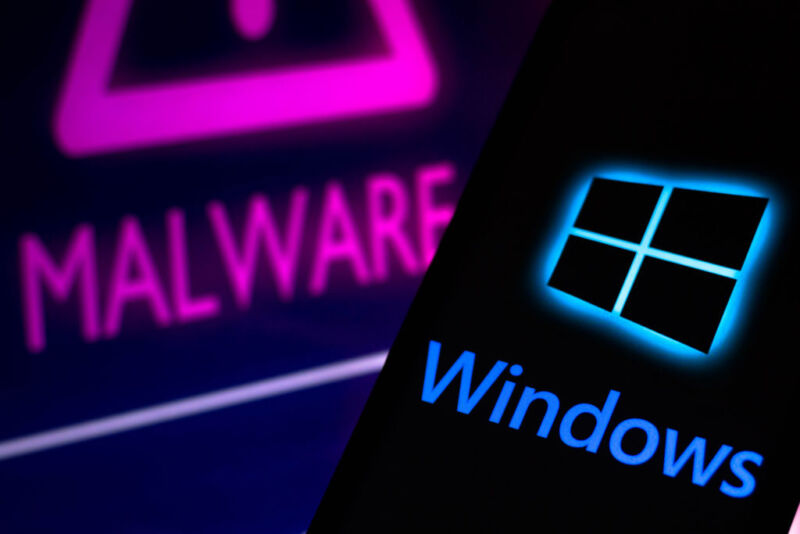-
 chevron_right
chevron_right
Robot dogs armed with AI-targeting rifles undergo US Marines Special Ops evaluation
news.movim.eu / ArsTechnica · Wednesday, 8 May - 19:59 · 1 minute

Enlarge / A still image of a robotic quadruped armed with a remote weapons system, captured from a video provided by Onyx Industries. (credit: Onyx Industries )
The United States Marine Forces Special Operations Command ( MARSOC ) is currently evaluating a new generation of robotic "dogs" developed by Ghost Robotics , with the potential to be equipped with gun systems from defense tech company Onyx Industries, reports The War Zone .
While MARSOC is testing Ghost Robotics' quadrupedal unmanned ground vehicles (called " Q-UGVs " for short) for various applications, including reconnaissance and surveillance, it's the possibility of arming them with weapons for remote engagement that may draw the most attention. But it's not unprecedented: The US Marine Corps has also tested robotic dogs armed with rocket launchers in the past.
MARSOC is currently in possession of two armed Q-UGVs undergoing testing, as confirmed by Onyx Industries staff, and their gun systems are based on Onyx's SENTRY remote weapon system (RWS), which features an AI-enabled digital imaging system and can automatically detect and track people, drones, or vehicles, reporting potential targets to a remote human operator that could be located anywhere in the world. The system maintains a human-in-the-loop control for fire decisions, and it cannot decide to fire autonomously.








